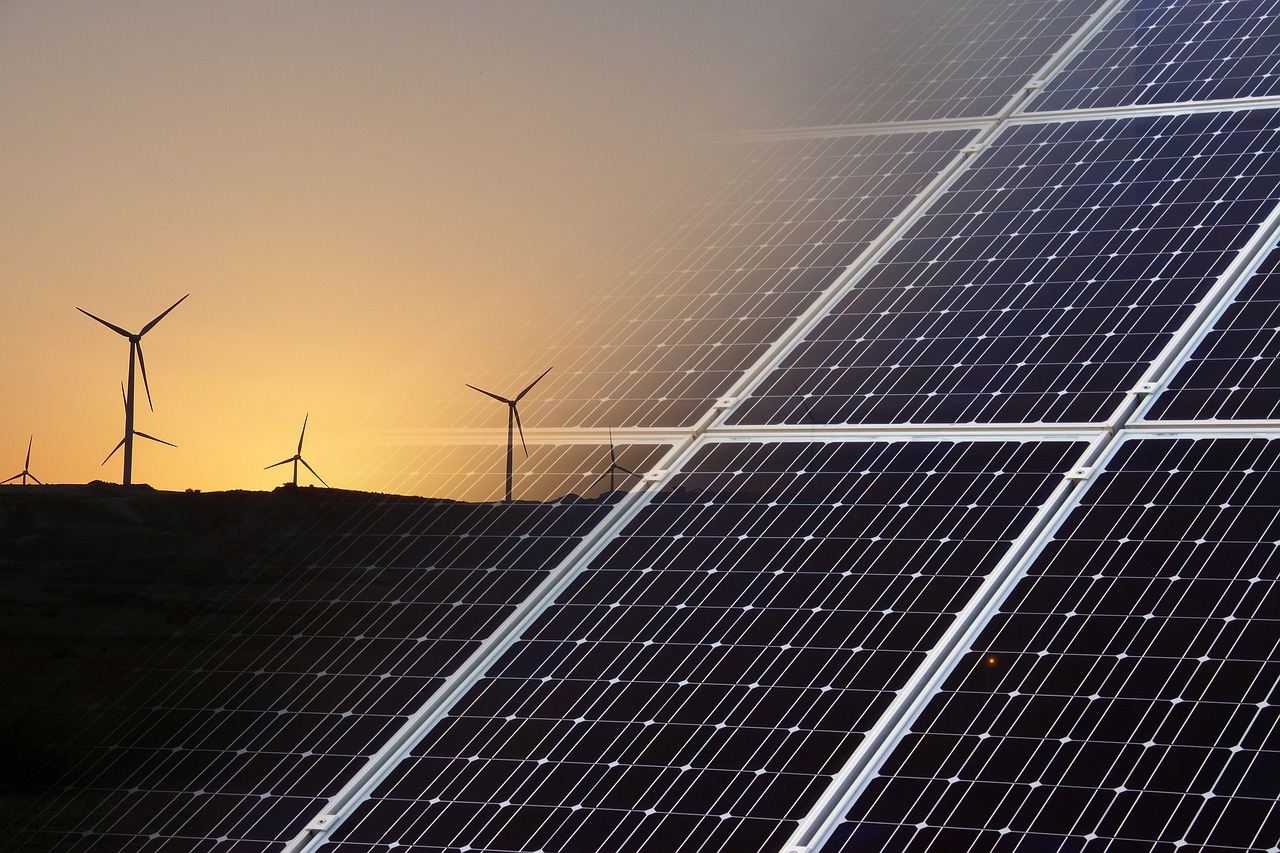The amount invested in Cyprus’ green transition is estimated to reach €3.1 billion by 2030, the finance ministry said on Sunday.
They said the investment would be sourced from state funds, European Union funds, and private investment, and will go towards helping the country achieve the “high aims” set by the EU regarding climate change.
Those high aims, they said, include a stipulation in the Green Deal that the bloc must become climate neutral by 2050.
“To achieve that goal, it was deemed necessary to increase the ambition of the immediate goal of reducing emissions by 2030 from a 40 per cent reduction to a 55 per cent reduction compared to 1990, which is included in the legislative package ‘fit for 55’,” they said.
They added that the ongoing war in Ukraine has also “accelerated” EU member states’ need to review their energy security strategy through “alternative reliable options”, including the RePowerEU programme, which aims to end European reliance on Russian fossil fuels by the end of the decade.
In Cyprus, this has in part taken the form of the Thaleia Plan for structural funds, the Just Transition Fund, and the Agriultural Fund, which will be allocated a combined total of €1.1bn by 2030.
The remaining €2bn of the planned investment will be supplied through private investors in grant schemes for issues such as building renovations and the purchase of vehicles, as well as projects put forward by the government.
The finance ministry added that “in addition to its direct contribution to addressing the effects of climate change and achieving the goal of climate neutrality … the promotion of green development is expected to contribute to the creation of new jobs and business opportunities” in Cyprus.
This is set out in the ministry’s “Vision 2035” plan for economic growth, which they said have placed the green economy as a “key access” for development.
With this in mind, they pointed out the “need to promote investment in green technologies and products, in renewable energy sources, and, in general, a reduction of greenhouse gas emissions in all sectors.”
“At the same time, there is also a need to promote smart and sustainable mobility, as well as for investment in the field of waste management,” they said.






Click here to change your cookie preferences